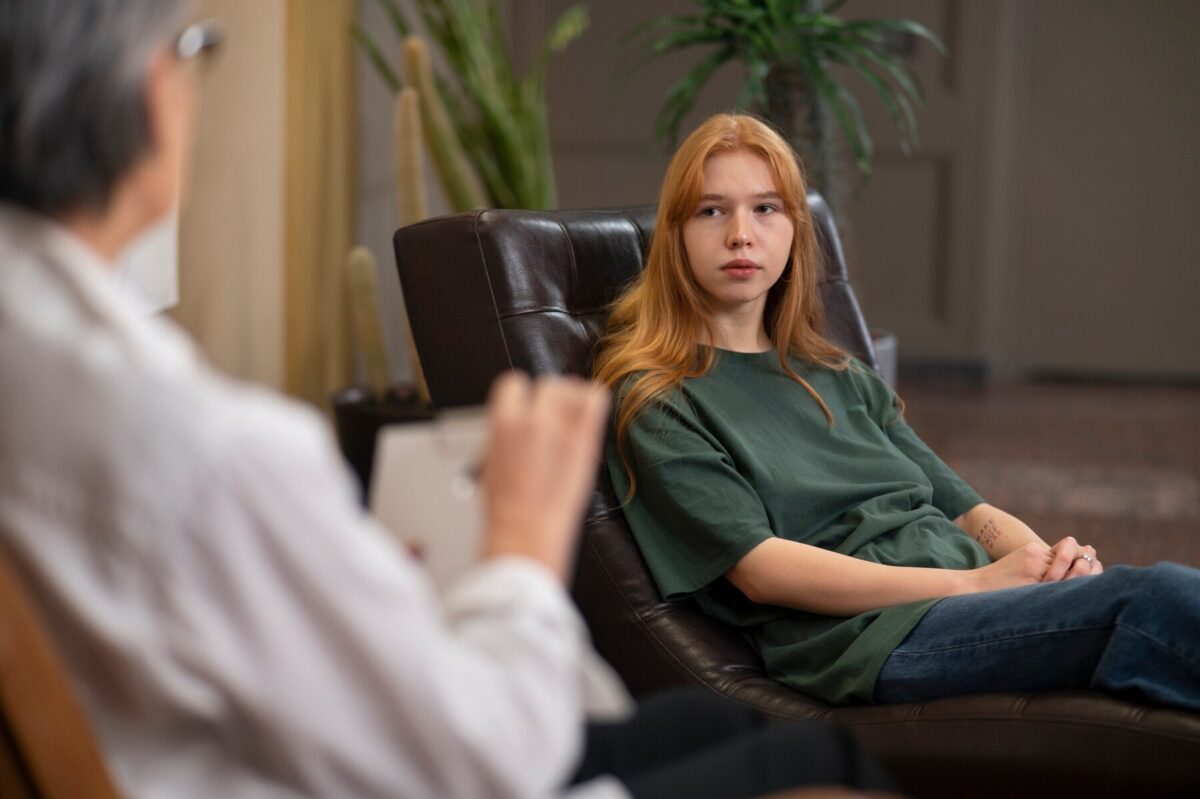The story of Alina (name changed), a patient diagnosed with trophic ulcers, demonstrates how the bias and lack of awareness of medical professionals can become a serious obstacle to quality treatment. Alina was admitted to the hospital under a government quota but encountered a problem when she told her primary care physician that she was a participant in a substitution therapy program (OAT).
Alina honestly admitted that she was on the drug treatment register and participating in OAT, asking for permission to leave the hospital in the morning to get her life-saving medication, as it was not available on hand. The doctor reacted extremely harshly, calling her a “drug addict” and threatening to discharge her, instead of showing professionalism and understanding.
Finding herself in a difficult situation, when she needed both urgent medical help and support in her addiction treatment, Alina turned to REActor for help. He quickly contacted the patient support expert at the hospital, described the situation, and asked for action. In response, the hospital promptly allocated an hour between treatments for Alina to receive the drug. Moreover, a meeting was organized with her attending physician, which was attended by the expert, the REActor, and the physician supervising the OAT program at the medical institution.
During the meeting, the doctor was informed that discrimination against patients is unacceptable. The expert reminded us that OAT is a legal and effective treatment method that has been successfully used for more than 50 years, especially important for HIV and AIDS prevention among opioid-dependent patients. Thanks to REActor’s active support, Alina was able to get help and protect her rights.
This story also underscores the importance of educating healthcare providers about programs like OAT. Awareness and respect for patients are key steps towards eliminating discrimination in medicine and creating a level playing field for all who need treatment.
Also read:
Overcoming violence and bias due to HIV status: the story of Gularus from Tajikistan
From punishment to support: how HIV jurisprudence is changing in Tajikistan


